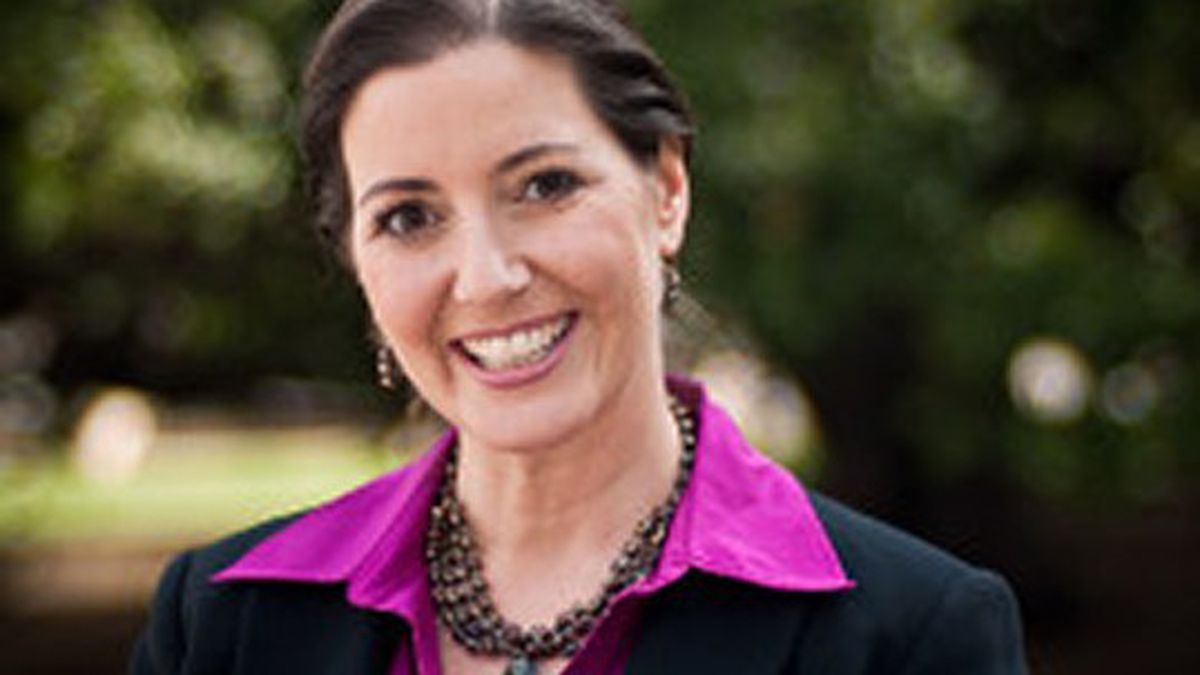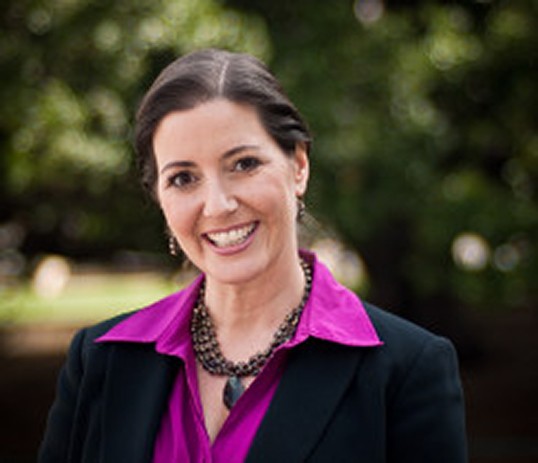All politicians make mistakes. But Oakland Mayor Libby Schaaf made a whopper last week when she decided to institute a ban on nighttime street protests in the city. Not only does the ban represent a giant step backward for constitutional policing in Oakland, but it also likely violates a federal court order. Moreover, the ban has backfired. Since the mayor installed it last Thursday, it has sparked even more protests and wasted untold amounts of taxpayer funds on police overtime. In addition, Schaaf has squandered a substantial amount of goodwill, especially among progressives. In short, her honeymoon is over.
Schaaf’s protest ban is similar to other overly broad measures — including curfews, stop-and-frisk tactics, and surveillance techniques — that local and federal agencies have used over the years to address problems created by relatively small numbers of people. In this case, Schaaf’s ban is designed to stop acts of vandalism perpetrated by small groups during large protests at night in Oakland. But the problem is: The protest ban — like curfews, stop-and-frisk, and surveillance — also tramples on the civil rights of far more people than it targets.
Schaaf’s ban is also arguably worse than the other tactics because it infringes on free speech — namely, the right of citizens to peacefully protest their government’s actions. Oakland, in particular, has a long and storied history of political protest. And over the past several years, the demonstrations have focused mainly on the nationwide epidemic of police killing young, unarmed people of color.
It seems obvious that Schaaf’s ban was a reaction to the harsh criticism she received from some local business leaders and from the San Francisco Chronicle and other mainstream news outlets following the large May 1 demonstration. That protest, which had mostly been peaceful, turned ugly at night when vandals broke windows and smashed and burned cars on Broadway. Schaaf quickly came under fire for not cracking down on the protest. Then a few days later, Chronicle columnist Chip Johnson publicly floated the idea of banning nighttime demonstrations altogether.
Even though it was abundantly clear that such a ban would be virtually impossible to enforce and would surely prompt even more unrest (see “The Politics of Protests,” 5/6), Schaaf embraced it. And instead of focusing police efforts on targeting and arresting vandals, she’s sticking to a plan that also ensnares peaceful, innocent people. In an interview on Monday, she said she has no plans to eliminate or alter the protest ban.
Until a judge orders her to do so, that is. According to civil rights attorney Rachel Lederman, we might not have to wait very long for that to happen. Lederman should know: She co-wrote Oakland’s policy for dealing with protests. Known as the Oakland Police Crowd Control Policy, it stemmed from a lawsuit filed against the city in 2003 after Oakland police fired so-called less-lethal weapons at demonstrators, injuring dozens of them, including longshore workers, at the port. As part of the settlement, Oakland agreed to dramatically change how it handles protests. The settlement also became a federal court order.
Under the crowd control policy, OPD must allow street protests — no matter the time of day or whether protesters have a permit, Lederman said. And police can only stop protests if they turn violent or if demonstrators cause major traffic disruptions, such as blocking a freeway onramp, Lederman added. But neither of those exceptions was present when Schaaf first instituted the ban during a protest last Thursday night or during protests against the new ban on Saturday and Sunday nights. In all three instances, the demonstrators were entirely nonviolent and did not cause major traffic problems.
Implementing the ban on Thursday night was especially clumsy and heavy-handed. It was during an orderly demonstration organized by Black women — a protest that included children and at least one woman pushing her stroller. This peaceful group was met by hundreds of cops who forced the bewildered demonstrators off the streets. Then on Saturday night, when nonviolent protesters defied the mayor’s ban, the newly emboldened OPD embarked on mass arrests, and even detained and cited city Planning Commissioner Jahmese Myers.
For Lederman and other civil rights activists, it was a disappointing turnaround. Last year, OPD had received widespread praise, including from the Express, for managing protests even-handedly after Ferguson. “We were generally pleased with the responses to the November and December demonstrations … in comparison to the past, at least, and in comparison to other police agencies,” she said.
Schaaf, however, is clearly fed up with protest vandalism and argues that the crowd control policy gives her the power to place restrictions on First Amendment activity. But Lederman pointed out that any such restrictions must further an imminent and compelling governmental interest. And no such interest existed during Thursday, Saturday, or Sunday’s peaceful protests. “You can’t stop people from demonstrating because there was some property damage in the past,” Lederman said.
In the end, it will be up to a judge to decide if Schaaf’s ban is lawful — and in this case, it will be Thelton Henderson, the federal judge who not only oversees OPD’s efforts to reform itself, but also enforces the city’s adherence to its own crowd control policy.














